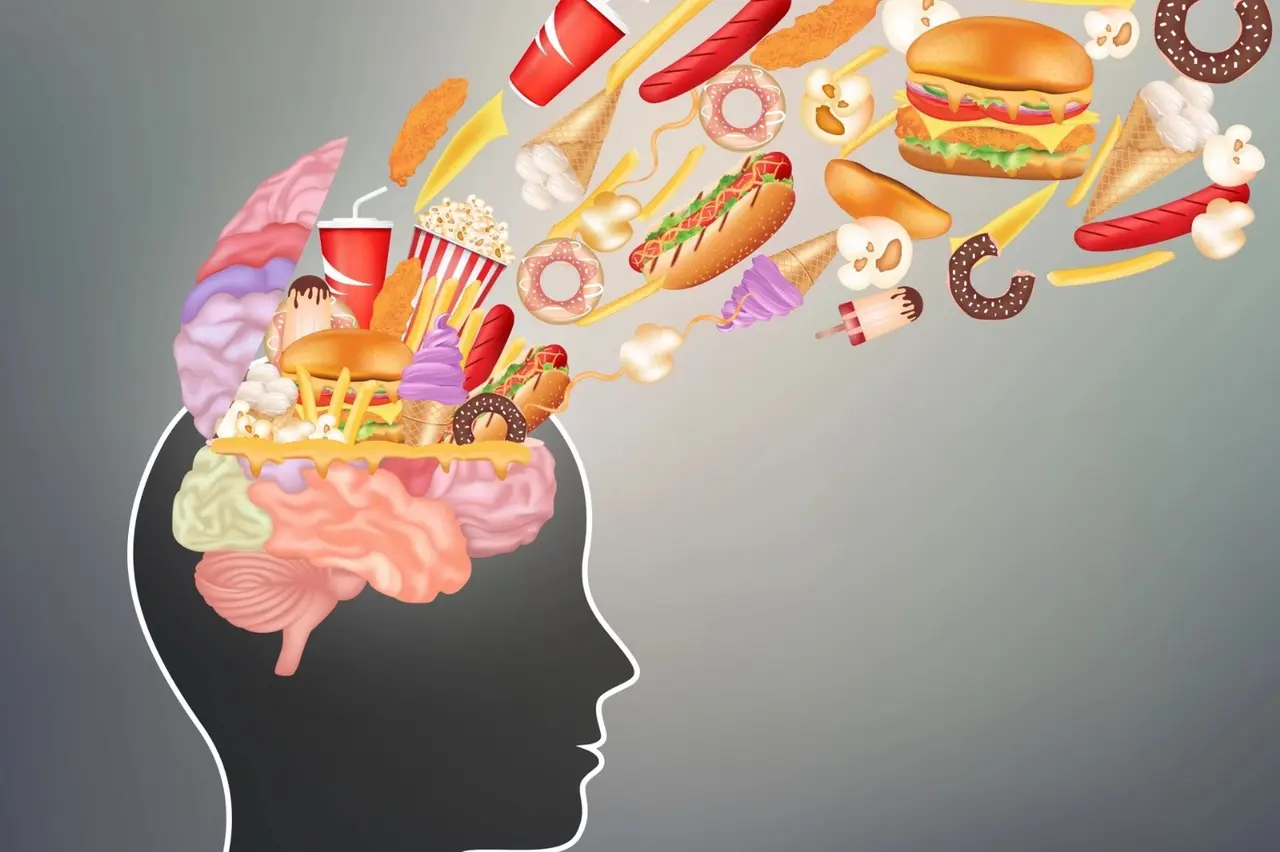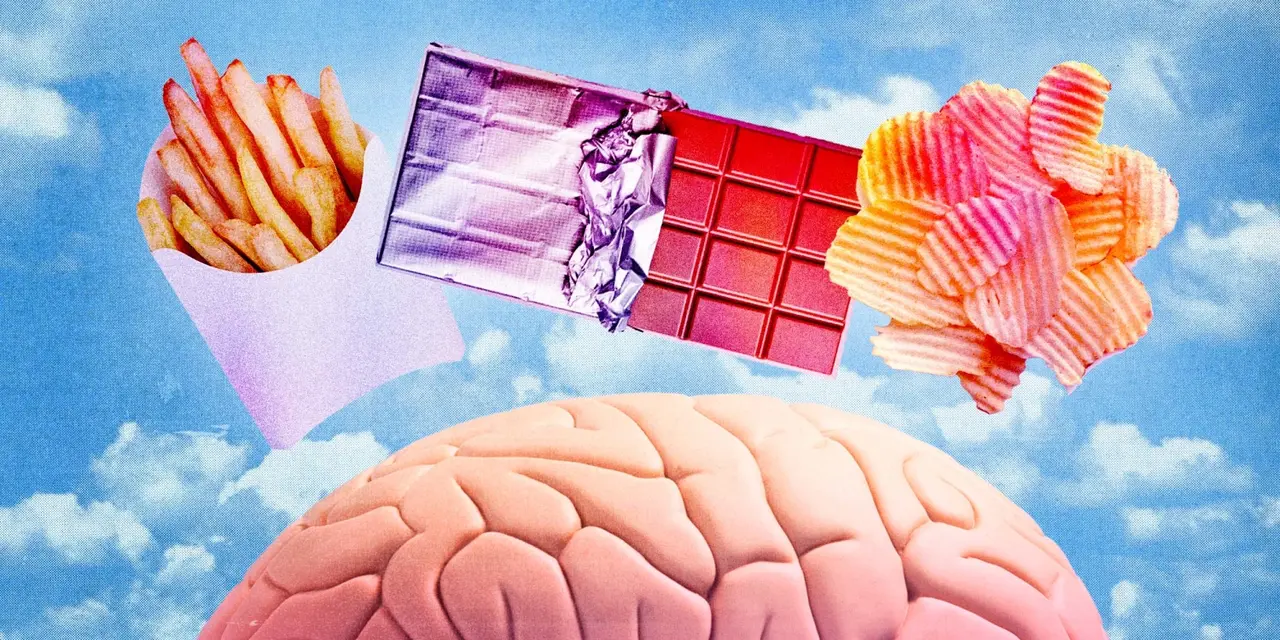According to a study, consuming high-fat fast food for just a few days has a negative impact on memory. This new study, conducted at the University of North Carolina School of Medicine, revealed that a Western-style diet rapidly affects the hippocampus, the brain’s memory center. This type of diet disrupts the balance of cholecystokinin (CCK) interneurons in the hippocampus, leading to short-term memory problems.
Eating fast food can impair memory
CCK interneurons, which play a critical role in memory encoding in the brain, ensure the regular functioning of pyramidal neurons. However, the metabolic changes caused by high-fat foods cause these interneurons to become overstimulated.

This suppresses the activity of pyramidal neurons, preventing the accurate storage of new memories. As a result, memory processing is impaired and cognitive performance declines.
In their experiments, researchers administered a high-fat diet to mice for just four days. During this short period, the mice did not gain weight or show signs of diabetes. Despite this, they failed memory tests.
This suggests that the problem stems not solely from fat intake but from a change in how the brain processes glucose, its primary energy source. When glucose levels decrease, CCK interneurons rapidly become overactive, negatively impacting memory.
The study also revealed a promising finding: When a high-fat diet is discontinued and glucose levels in the brain return to normal, memory deficits improve. Furthermore, methods such as intermittent fasting have been observed to alleviate memory problems by restoring the balance of CCK interneurons.














